|
The highly-anticipated adventure feature film by Sender Films and Big Up Productions, Valley Uprising: Yosemite's Rock Climbing Revolution, zooms us in to take a look at the nascent rock-climbing revolution that bat-shit crazy and ultra-fit hippies and beatniks of the late 50's and 60's successfully ignited. This young, LSD-dropping generation literally went out of their minds and decided to climb up some of Yosemite's tallest trademark slabs of vertical rock. In a recent NatGeo Adventure blog interview with Valley Uprising's co-director, Nick Rosen, the adventurous director talked about an unfinished psychedelic scene in the film where an 18-year old, Jim Birdwell, was rock-climbing and dropping acid by himself on a death route. Talk about the highest display of psychedelic recklessness in history. Nick Rosen accurately pointed out, "Birdwell's exploration into hallucinogenic big-wall climbing has not been matched since then."
0 Comments
The underground exotic animal trade is some really serious business. Wildlife trafficking generates $19 Billion a year, right behind drug trafficking ($300B per year), arms smuggling ($60B per year), and human trafficking ($30B per year). In this 17-minute "Profiles" piece by VICE we get an up close and uncomfortable look at the gray and black market aspects of the exotic animal trade.
Funny-man, Jim Carrey, recently delivered a supra-conscious, comedy-riddled commencement address to the 2014 graduating class of Maharashi University of Management in Iowa. Maharashi University of Management (MUM) is unique in its approach to higher education because of their injection of Transcendental Meditation (TM) into the core of their academic culture. This practice of TM by students and faculty create a peaceful and inspiring environment that sets the stage for consciousness-based education to take place in a broad variety of courses, such as Vedic Science, physics, music, computer science and sustainable living. MUM believes that the individual is the unit of society as well as the instrument for change at the social level. Studies have shown that practicing TM reduces stress, improves integrated brain functioning, increases creativity, intelligence, learning, and focusing ability. These are only a couple of the reasons why every student and faculty member practice TM on campus. That being said, Jim Carrey recognized his audience and was able to implement some refreshing Ayurvedic jokes and crack his audience up with sophisticated spiritual metaphors. This commencement address was as real as they come, complete with an enormous, schizophrenic black-light painting that took Carrey "thousands of hours to complete." Jim Carrey makes it really clear that he's been on a consciousness trip. This isn't just talk coming from the teachings of his buddy Eckhart Tolle, this is 5-MeO-DMT type of talk that Carrey manages to comedically upload into this graduation space. Leave it to the Pet Detective trickster to shine some valuable light on what life is about. It makes you wonder if Ace Ventura, aside from hunting down a white bat and licking a plate of guano, wasn't also ingesting Ibogaine with the tribal heads in Gabon. The genius psychopharmacologist, Alexander "Sasha" Shulgin, died yesterday at exactly 5 PM PST. According to his wife and soulmate, Ann Shulgin's facebook post, "He was surrounded by family and caretakers and Buddhist meditation music, and his going was graceful, with almost no struggle at all." The child prodigy and eventual psychedelic alchemist, Alexander Shulgin, enrolled in Harvard University at age 15. Never quite finding his footing there, he decided to enlist in the Navy after about a year-and-a-half. He spent a few years in a submarine destroyer in the North Atlantic hunting down German submarines reading and memorizing the only book he had on him—an Organic Chemistry tome. After the Navy, Shulgin went back to Berkley and enrolled in an organic chemistry class. After his organic chemistry midterm, his professor approached him in the hallway and explained to him that he doesn't need to take any more tests since he scored a 100 on an exam in which the class averaged was a 40. Shulgin ended up getting his Ph.D. as a biochemist at Berkley. In the late 1950's he started working in the pesticide division at DOW Chemical. After a few years of working at DOW Chemical Shulgin helped them make a small fortune by developing a biodegradable insecticide. Right around this time this time, Shulgin had his first encounter with the psychedelic chemical, mescaline. He had a life-altering experience which was probably responsible for rerouting his life in the radically weird direction it took. In a conversation with Sasha, Terence McKenna modestly pointed out, "You've probably seen more uncharted internal landscape than half of mankind put together." This isn't an immodest claim, considering that Shulgin has tripped on hundreds of his psychedelic chemical creations approximately 4,000 times. It's important to note that Shulgin had a recognition that these materials are catalytic. That these various psychedelic chemical compounds act as molecular keys that are able to open and unravel profound experiences and knowledge that are already embedded within you. Below is an excerpt from TIHKAL (Tryptamines I Have Known And Loved) where Sasha Shulgin describes his psychedelic experience with 15 mg of 4-HO-DET Phosphate Ester. "It is meaningful to say that I ceased to exist, becoming immersed in the ground of Being, in Brahman, in God, in 'nothingness,' in Ultimate Reality, or in some similar religious symbol for oneness. The feelings I experienced could be best described as cosmic tenderness, infinite love, penetrating peace, eternal blessing and unconditional acceptance on one hand and, on the other as unspeakable awe, overflowing joy, primeval humility, inexpressible gratitude and boundless devotion. Yet, all of these words are hopelessly inadequate and can do little more than meekly point toward the genuine, inexpressible feelings actually experienced. It is misleading even to use the words, 'I experienced,' as during the peak of the experience (which must have lasted at least an hour) there was no duality between myself and what I experienced. Rather, I was these feelings, or ceased to be in them and felt no loss at the cessation. Four days after the experience itself, I continue to feel a deep sense of awe and reverence, and am simultaneously intoxicated with an ecstatic joy. The euphoric feeling is in no sense analogous to hebephrenic giddiness; it included elements of profound peace and steadfastness, surging like a spring from a depth of my being which has rarely, if ever, been tapped prior to the drug experience." |
Categories
|
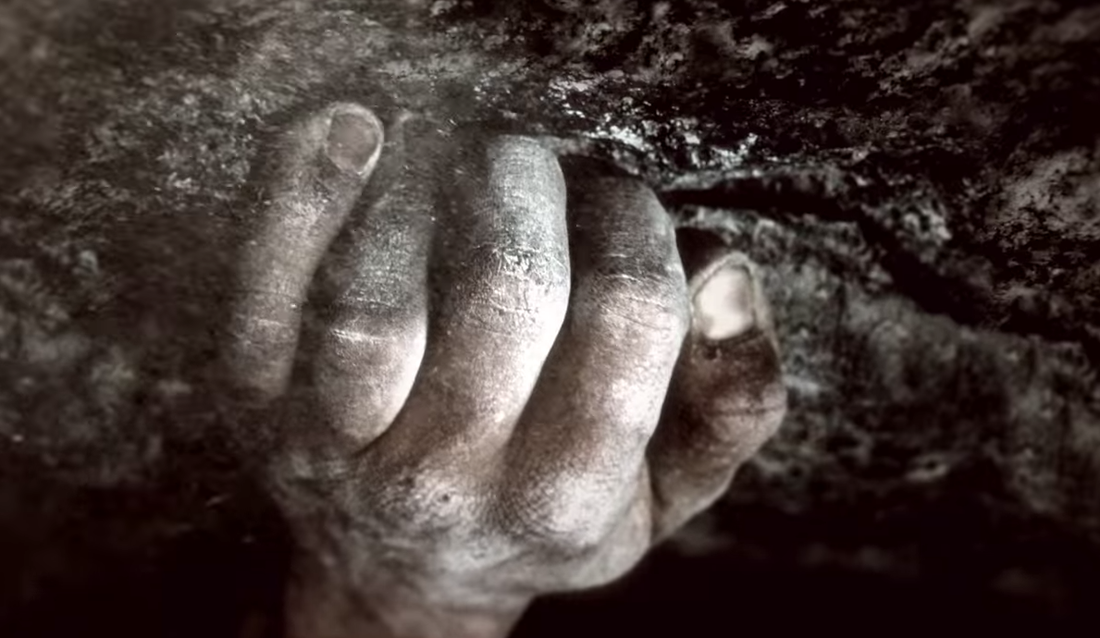
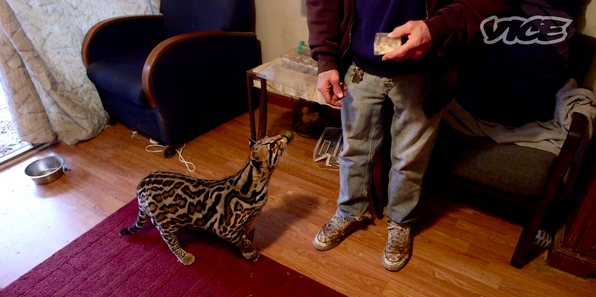
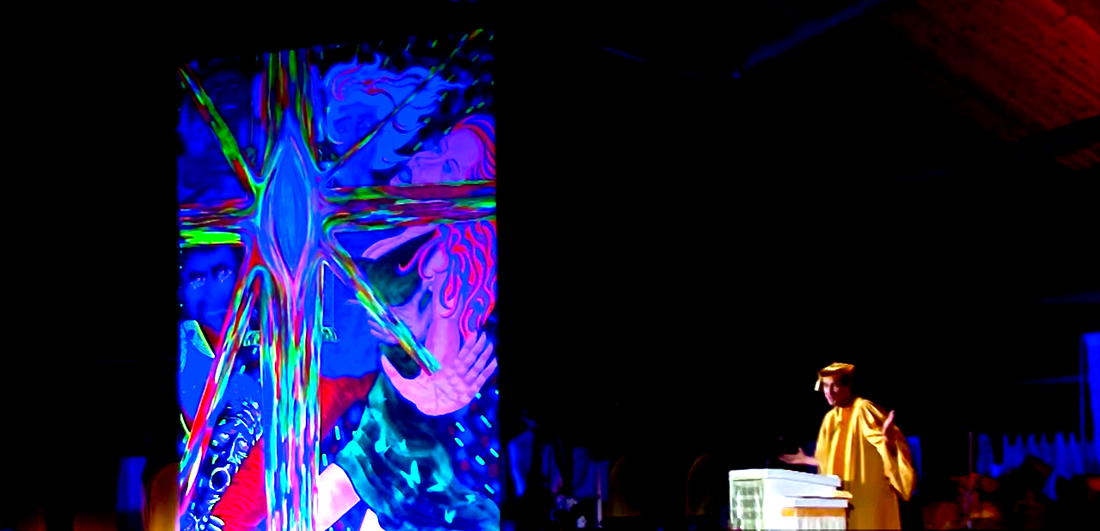
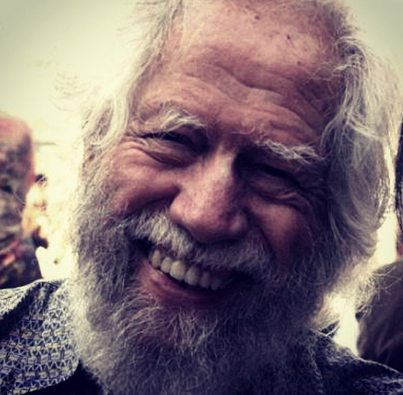
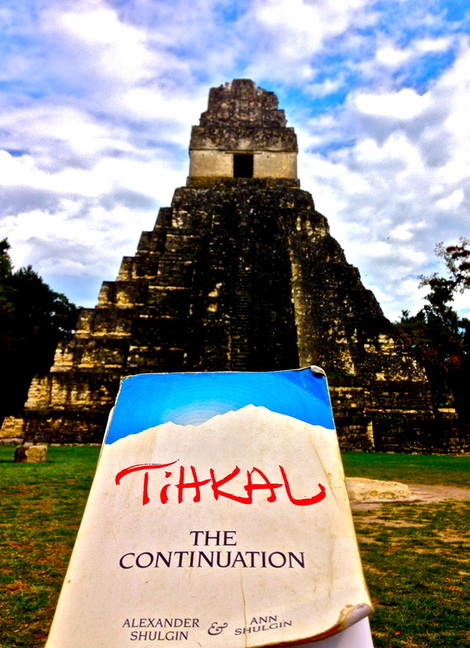
 RSS Feed
RSS Feed
